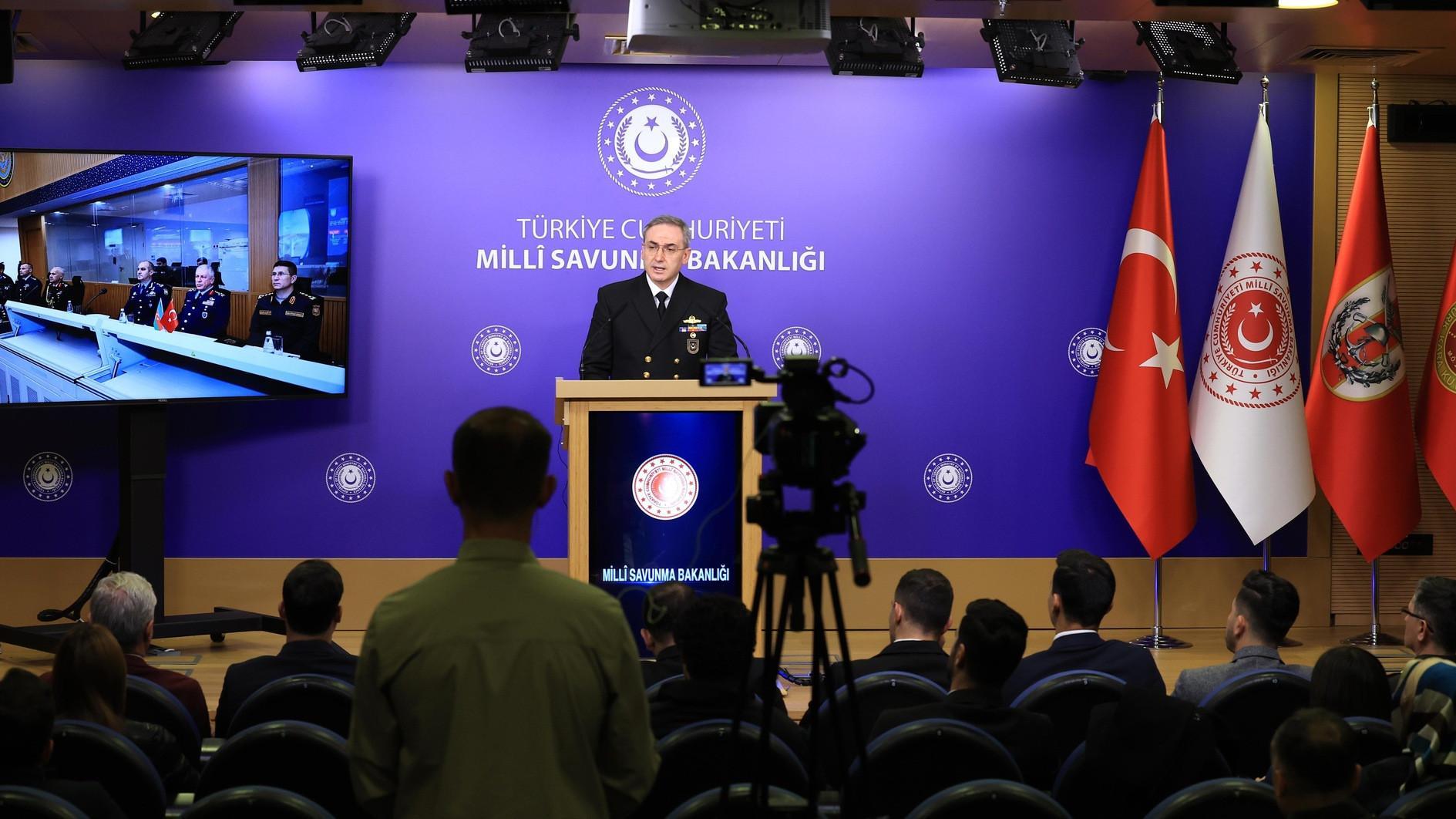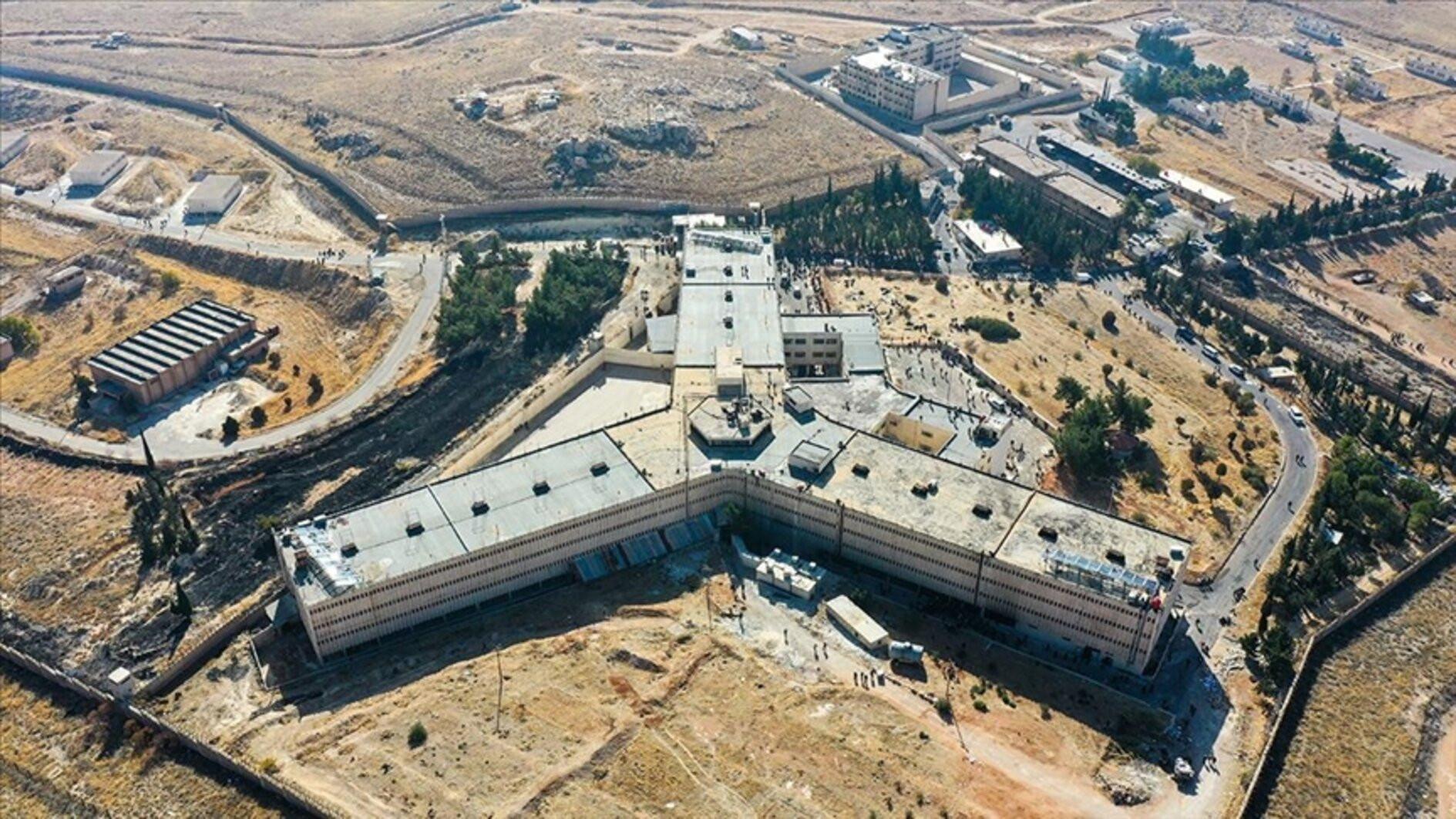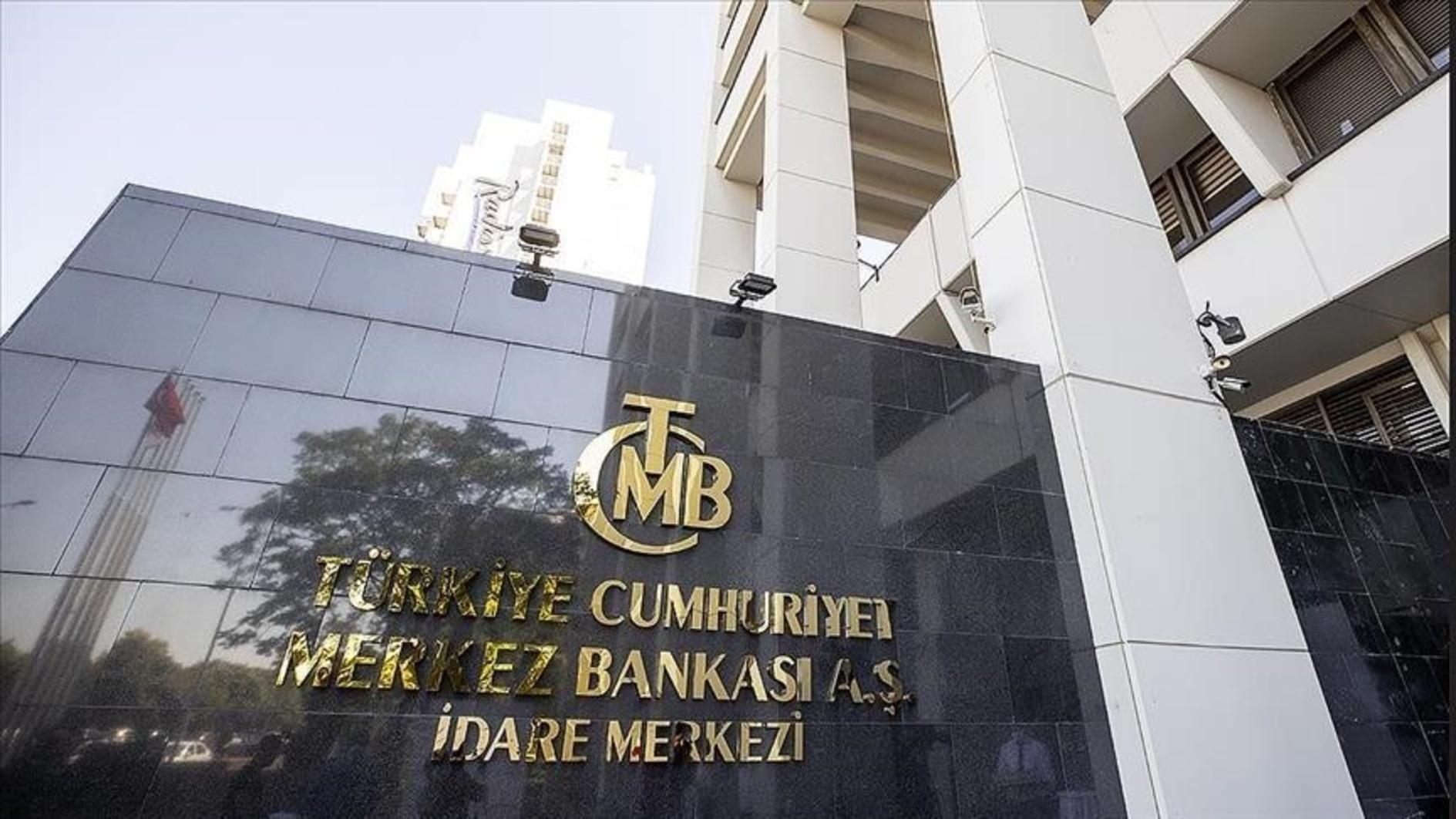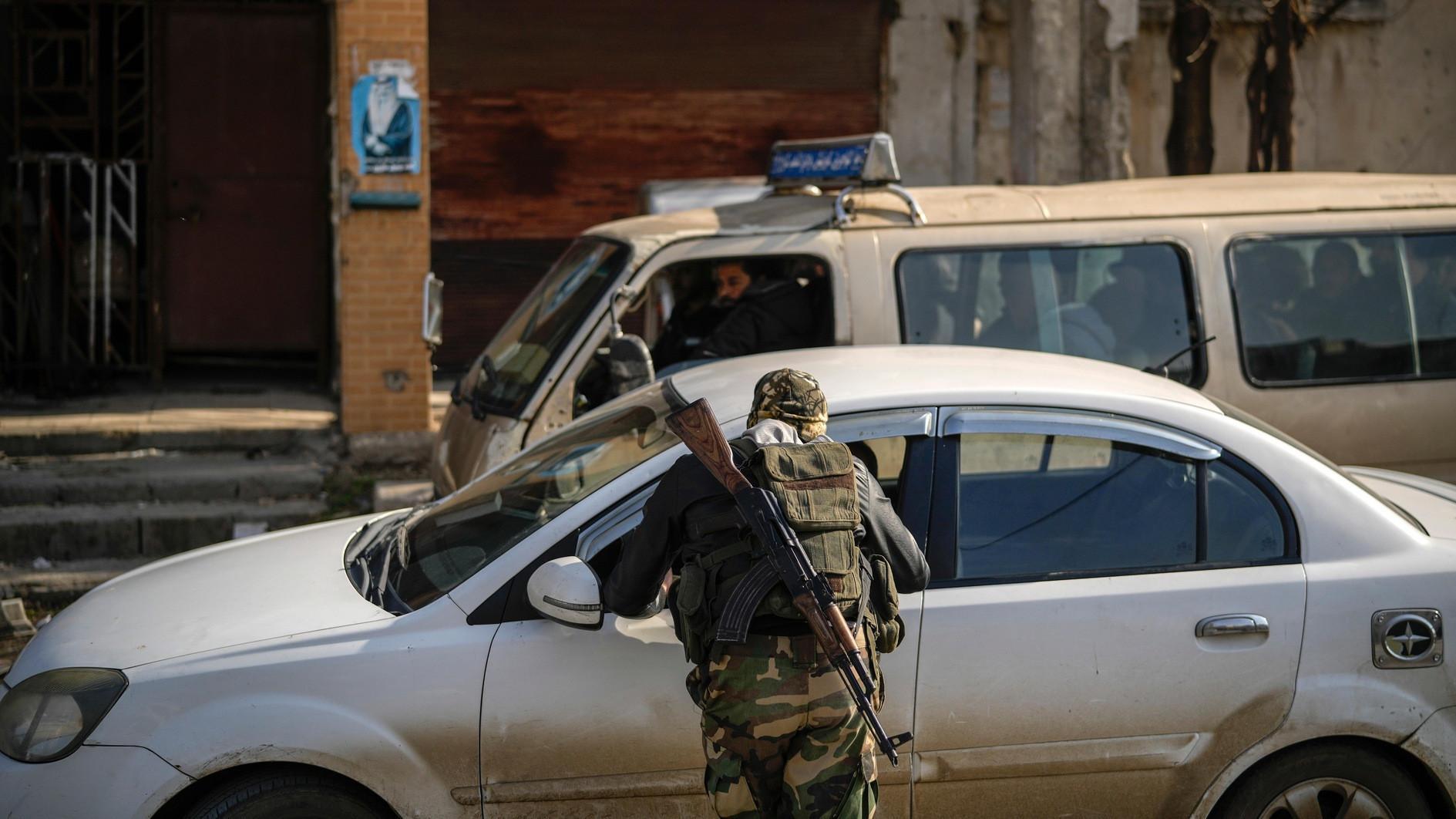Turkey calls for broad ISIL strategy, US seeks team-up
NEWPORT, Wales
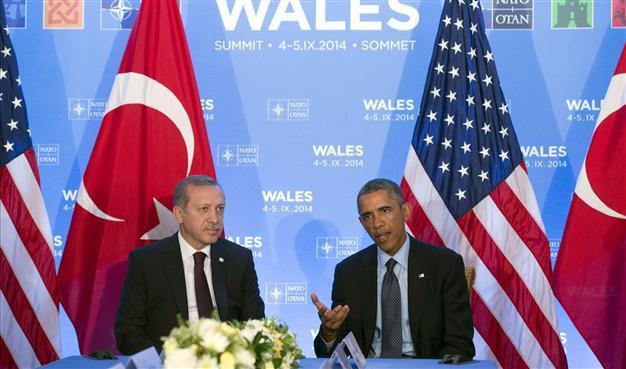
US President Barack Obama (R) and Turkey's Prime Minister Recep Tayyip Erdogan (L) hold a bilateral meeting on the second day of the NATO 2014 Summit at the Celtic Manor Resort in Newport, South Wales, on September 5, 2014. AFP Photo
Turkish President Recep Tayyip Erdoğan has called on NATO allies to develop a comprehensive strategy to combat terrorist organizations that have emerged from the chaos in Syria, a clear reference to jihadist group, the Islamic State of Iraq and the Levant (ISIL). Erdoğan’s call came as the United States said it was forming a “core coalition,” including Turkey, to battle ISIL militants in Iraq. U.S. President Barack Obama said ‘intelligence-sharing on foreign fighters’ was a main issue in his meeting with Erdoğan.Obama said the ISIL threat was also discussed. Erdoğan reportedly stressed that he would like to see the “strategic partnership” between Ankara and Washington in action, in a possible reference to his calls for the deportation of Pennsylvania-based Islamic scholar Fethullah Gülen.
Before meeting with Obama, Erdoğan underlined that a comprehensive strategy should be developed against terrorist organizations which have been exploiting the environment of chaos as a result of inaction against “the atrocities of the Syrian regime.”
Erdoğan’s speech came at the same time as the United States called for the creation of a broad international coalition against ISIL by the time of the U.N. General Assembly this month. “There is no time to waste in building a broad international coalition to degrade and, ultimately, to destroy the threat posed by ISIL,” Secretary of State John Kerry and Defense Secretary Chuck Hagel said in a joint statement.
Britain and the U.S. chaired talks with defense and foreign ministers from eight other allies: Turkey, Australia, Canada, Denmark, France, Germany, Italy and Poland. The statement said the formation of a new Iraqi government would be critical and added the U.S. was hopeful this could happen “over the coming days.”
No boots on the ground
It listed some of the measures as offering military support to the Iraqi government, stopping the flow of foreign jihadist fighters, taking action against ISIL funding, addressing the humanitarian crisis, and “de-legitimizing” ISIL ideology. “We will form a multinational task force to share more information about the flow of foreign fighters,” it said. In a transcript released by U.S. officials of Kerry’s comments at the meeting, the diplomat said: “We must be able to have a plan together by the time we come to [U.N. General Assembly] later this month. They’re not as organized as everybody thinks. And we have the technology, we have the know-how. What we need is obviously the willpower to make certain that we are steady and stay at this. We need to attack them in ways that prevent them from taking over territory, that bolster the Iraqi security forces, others in the region who are prepared to take them on, without committing troops of our own.”
Washington stressed the need for a comprehensive approach in the talks and acknowledged that action against ISIL in Iraq would have implications in Syria as well. “We’re convinced in the days ahead we have the ability to destroy ISIL. It may take a year, it may take two years, it may take three years. But we’re determined,” Kerry said.



